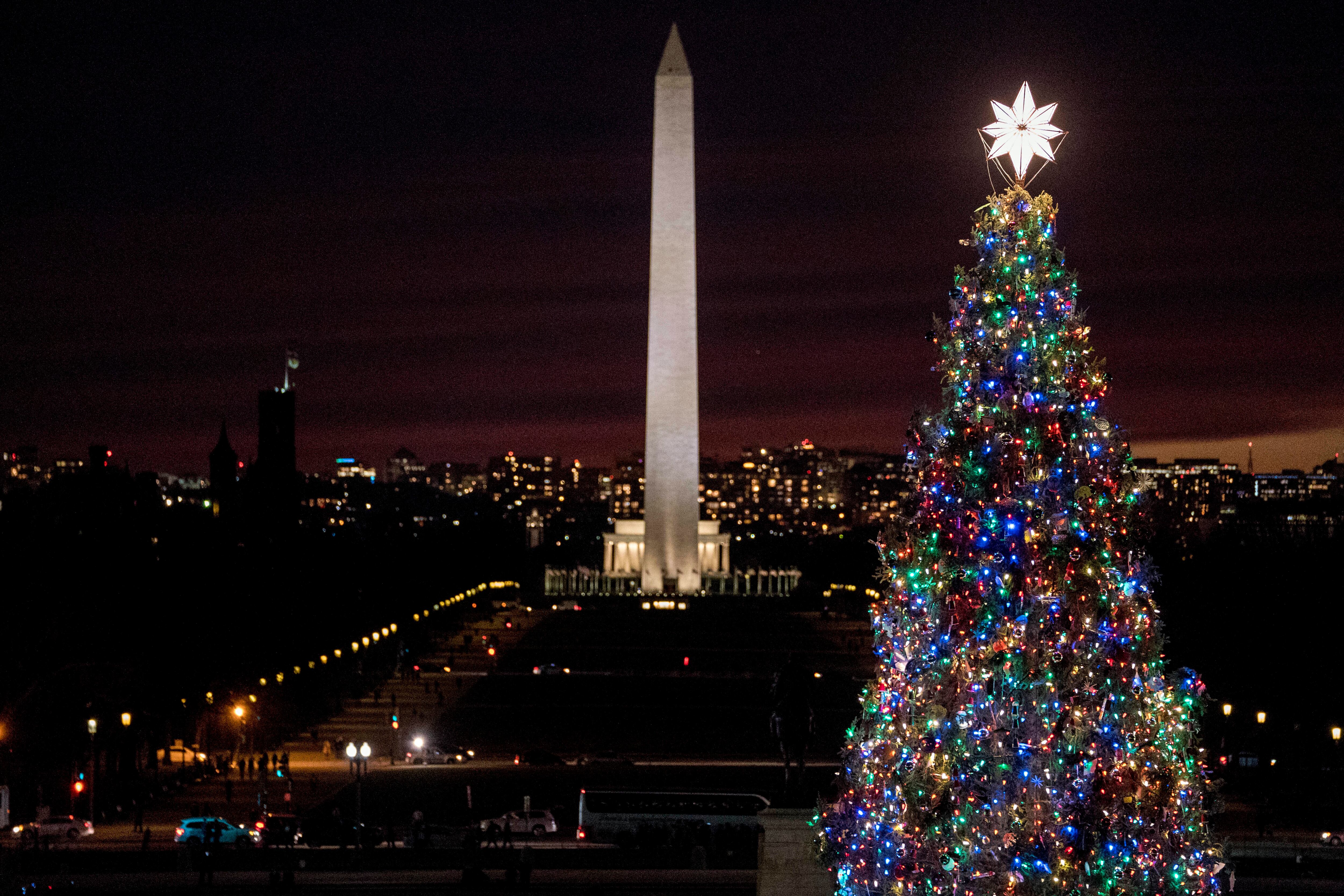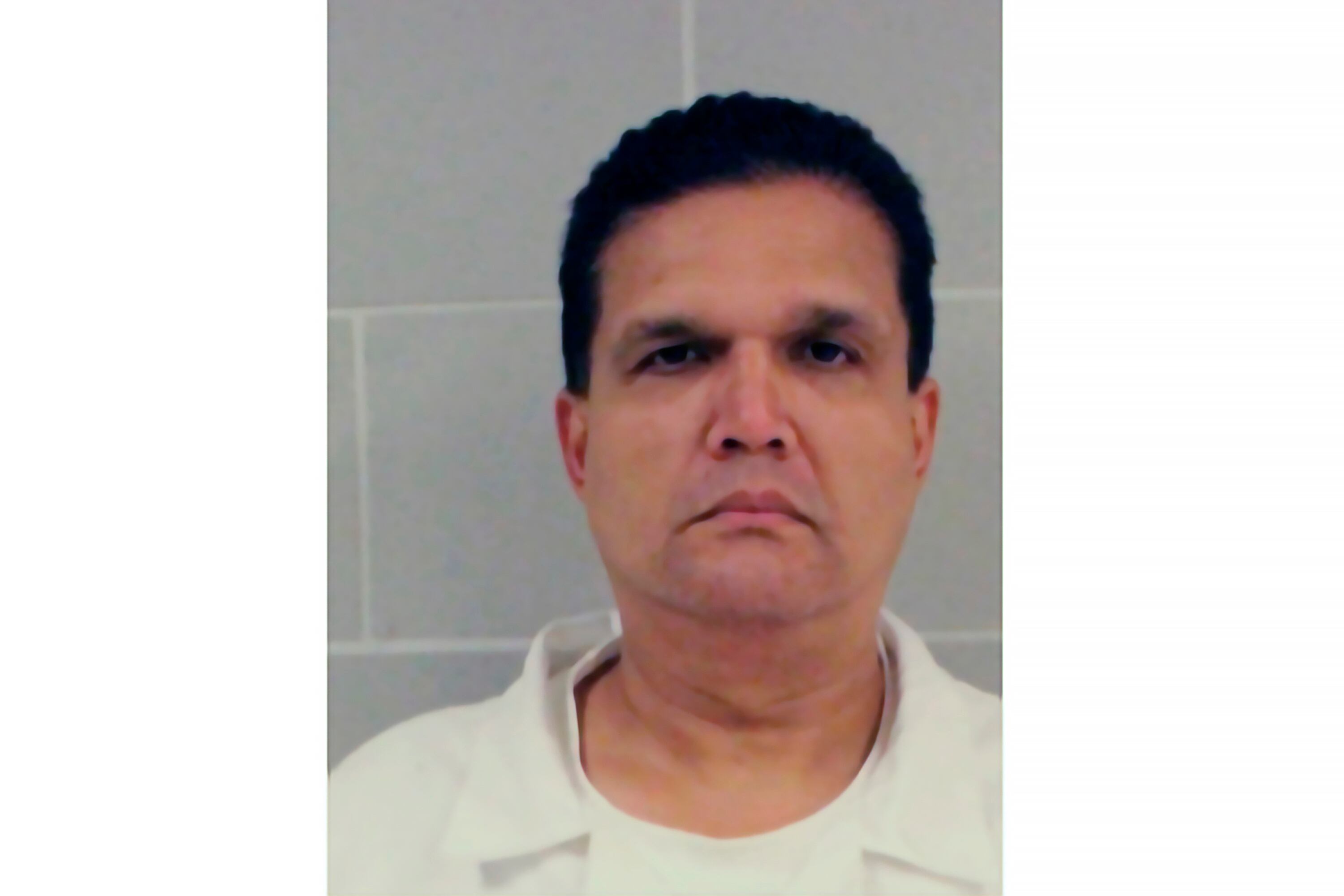This article was updated at 2:13 p.m. on Dec. 21 to add additional information by OGE for clarity.
With the calendar full of holiday get-togethers, gift exchanges and plans to ring in the New Year, federal employees should be aware of ethics guidelines surrounding such festivities in the workplace.
Not to be a Grinch, but because civil servants carry with them the identity of the U.S government, there are some restrictions on holiday festivities. The good news: many of these rules are common sense.

Whether during the holidays or year-round, the ultimate goal is for interactions by federal workers to avoid conflicts of interest or the perception of undue influence.
The Office of Government Ethics is the main source of guidance for employees who have questions about accepting or receiving gifts in the workplace, hosting holiday parties for staff or other scenarios that might give a worker pause.
“If [an interaction] would raise an eyebrow, then it’s probably something you should deeply consider,” said Elizabeth Horton, a spokesperson for OGE. “And of course, within agencies, there are ethics officials on hand that can answer questions.”
Workplace gift swaps
Suppose your office is participating in a Secret Santa, or perhaps a coworker is handing out homemade cookies to their team.
What are the rules surrounding gifts?
RELATED

“Really, the overarching rule that federal employees should keep in mind is that no gifts should be accepted, even a technically permissible gift,” said Horton. “It’s always OK for a federal employee to decline ... if they are concerned about the appearance of accepting a gift.”
Some things — like a greeting card, baked goods or other modest foods items — aren’t considered gifts for the purpose of regulation.
However, for actual, material items from a restricted source, the value cannot exceed $20. And the combined value of multiple gifts cannot exceed $50 in a calendar year.
For gifts given by a lower-level employee to a supervisor, the cap is lower, at $10.
Gifts may be accepted in cases where a colleague also happens to be a family member or a close friend. That personal relationship makes the motivation for the gesture clear, said Horton.
“As far as people outside of the federal government, there’s a general prohibition on soliciting or accepting gifts from a prohibited source or a gift given because of the employee’s official position,” she said.
Prohibited sources include those who do business with a government agency, like a think tank or a consultant, or entities who are regulated by that specific agency. Many contractors have similar rules, as well.
RELATED

Can I tip my mail carrier or National Parks guide?
This is a simple, straightforward rule: cash, or even general purpose gift cards with no specific retailer or vendor attached to them, are never acceptable gifts in the federal government.
However, you may have seen your neighbor setting out snacks, coffee or thank you cards for Postal workers this winter season. Those would not rise to the level of a gift and are thus acceptable.
Office parties or festive events
Generally, employees may make voluntary contributions to an office holiday party. The key word here: voluntary.
And it’s best to have someone other than a supervisor or senior leader send out the invitation, according to OGE.
If an employee is invited to a free event that’s attended by a group and there are refreshments and entertainment provided, they are generally free to enjoy them, especially if it’s at a private residence hosted by a colleague, according to the Interior Department’s ethics guide.
Other invitations should be checked by the ethics office.
“It’s important to note that these gift rules apply even for virtual events” that might have a fee, said Horton.
And unless an employee is attending a holiday event in their official capacity to carry out some kind of professional duty, using a government vehicle to drive to a personal events is not allowed.
RELATED

Donations to charity
Many may want to give charitably during the holiday season, whether it’s to a neighborhood coat drive or a volunteer outing. Tapping colleagues for contributions is where ethical concerns arise.
As a general rule, “when someone is trying to raise funds in their official capacity, there are very limited circumstances where they can do that,” Horton said.
For example, think of the Combined Federal Campaign as a common, but regulated, giving opportunity for feds.
Trying to set up a donation bin in the office or recruit volunteers in the workplace could “implicate the misuse of position or misuse of government resources,” Horton advised.
Reserve these generous donations of your time to your personal life.
RELATED

Decorating your cubicle or conference room
According to a memorandum opinion authored by the Department of Justice in 2021, “display of religiously significant seasonal decorations” that doesn’t violate fiscal or First Amendment law, may be allowed to reasonably “improve employee morale.”
For further questions about that, ask your supervisor for guidance.
Molly Weisner is a staff reporter for Federal Times where she covers labor, policy and contracting pertaining to the government workforce. She made previous stops at USA Today and McClatchy as a digital producer, and worked at The New York Times as a copy editor. Molly majored in journalism at the University of North Carolina at Chapel Hill.
In Other News



